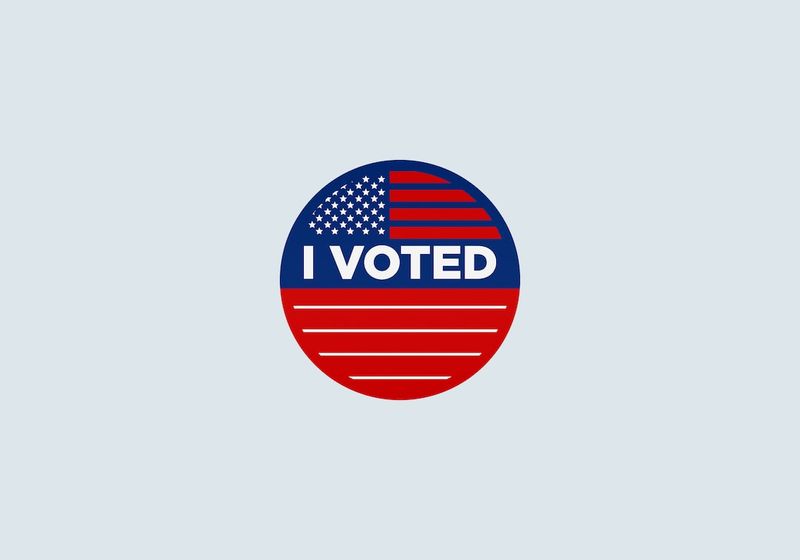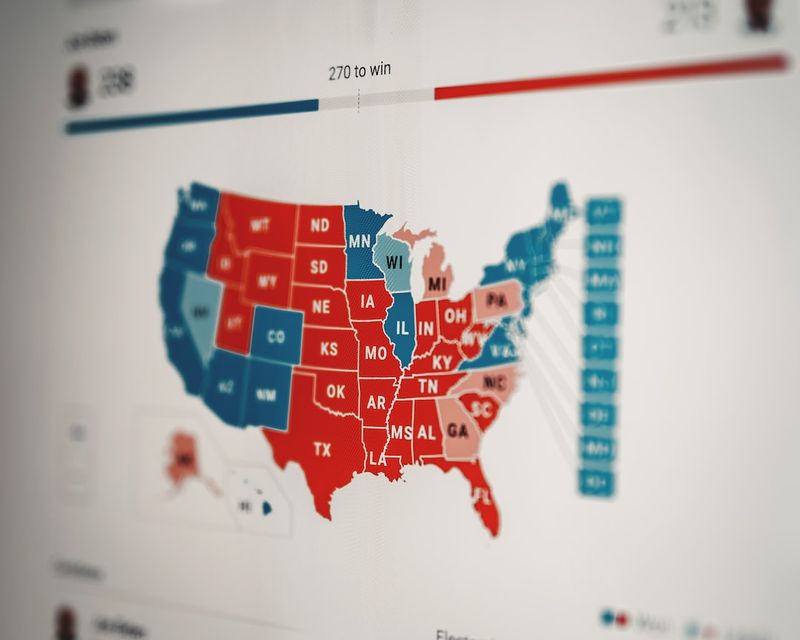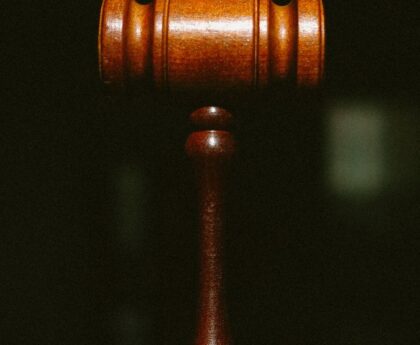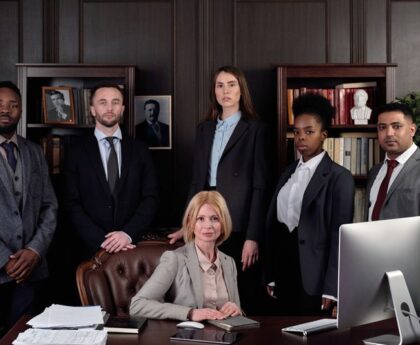Trump Refuses to Commit to Debate Appearance On ‘Hostile’ Fox News
Concerns about Appearing on a “Hostile Network”
In a recent interview with Fox News host Bret Baier, former President Donald Trump expressed hesitation about appearing on the network for the upcoming Republican primary debate. When asked if he would participate in the debate, which will be hosted by Fox News in August, Trump responded that he had concerns about appearing on a “hostile network.” He further stated, “Why would I allow people [polling] at one and two percent, and zero percent to be hitting me with questions all night.”
This reluctance to engage with a network that is known for its conservative leanings raises questions about Trump‘s ability to handle criticism and engage in open discourse. It also highlights a broader issue within the Republican Party where candidates may choose to avoid challenging situations and only engage with friendly media outlets.
Trump‘s Stance on COVID-19 Vaccines
During the interview, Baier also asked Trump about his stance on COVID-19 vaccines. Despite taking credit for the rapid development of the vaccines, Trump avoided directly answering the question. He stated, “As a Republican, it’s not a great thing to talk about because, for some reason, it’s just not.”
This response underscores a troubling trend within Republican politics – vaccine skepticism. By avoiding a clear endorsement of the vaccines, Trump is perpetuating a dangerous narrative that undermines efforts to combat the ongoing pandemic. As a leader who played a critical role in the vaccine development process, Trump should be using his platform to promote vaccination and public health.
Dismissal of Vaccine Experts and Classified Documents
Trump‘s interview with Baier also touched on his relationship with Dr. Anthony Fauci, a leading expert on infectious diseases. When asked why he did not fire Fauci despite ongoing attacks from the right, Trump claimed he was not “allowed” to dismiss him. This statement raises concerns about political interference in the work of public health officials and the prioritization of personal loyalty over scientific expertise.
Furthermore, Trump alluded to taking classified documents from the White House but hesitating to return them because they were stored alongside his golf shirts. His attempt to dismiss the existence of any incriminating documents calls into question his respect for national security protocols and the handling of sensitive information. This behavior, as well as his unsubstantiated claims about election fraud, reflects a disregard for the rule of law and democratic processes.
Reflections on Fair Treatment and Veracity of Claims
At the end of the interview, Baier asked Trump if he felt he had been “fairly treated” during their conversation. Trump responded, “I don’t know… A couple questions could have been done without, that’s okay. I enjoyed it.” This response suggests that Trump may perceive fair treatment as avoidance of challenging questions rather than a balanced and rigorous interview.
It is essential to scrutinize the veracity of Trump‘s claims, particularly regarding the 2020 election. Despite overwhelming evidence to the contrary, Trump continues to insist that he “won in 2020 by a lot.” This perpetuation of baseless claims undermines trust in the electoral process and fosters division among the American people.
Editorial: The Importance of Candid Debates and Accountability
The refusal of political candidates, especially those seeking high office, to engage with challenging media outlets and face tough questions raises concerns about their ability to govern effectively. Candid debates and open discourse are crucial for a healthy democracy. Candidates should be willing to present their ideas, defend their positions, and engage with diverse perspectives.
By avoiding debates and dismissing critical media outlets, candidates risk alienating portions of the electorate and reinforcing divisive echo chambers. It is in the best interest of the American people that candidates participate in robust debates where their ideas and policies can be rigorously assessed.
Furthermore, accountability is a cornerstone of effective governance. Elected officials must be held responsible for their actions and decisions. By dismissing claims of election fraud without evidence or downplaying the importance of discussing vaccines, Trump displays a lack of accountability and undermines public trust.
Advice: Balancing Conviction and Openness
Political leaders must strike a delicate balance between conviction and openness to alternative perspectives. While it is important to stand by one’s beliefs, it is equally essential to listen to and engage with opposing viewpoints. This approach fosters constructive dialogue, encourages critical thinking, and allows for the evaluation of different policy ideas.
Candidates should not shy away from facing tough questions or engage solely with friendly media outlets. By doing so, they risk appearing out of touch with the concerns and interests of the broader population.
In addition, leaders must prioritize evidence-based decision-making and refrain from spreading baseless claims or conspiracy theories. Fostering trust in science, democratic processes, and the rule of law is essential for effective governance and social cohesion.
Ultimately, political leaders should demonstrate a commitment to transparency, accountability, and open dialogue. By doing so, they can foster a healthier and more inclusive political environment that serves the best interests of the American people.

<< photo by Mikhail Nilov >>
The image is for illustrative purposes only and does not depict the actual situation.
You might want to read !
- The Frantic Search for the Missing Titanic Submarine: Can They Beat the Clock?
- The Disappearing Depths: A Race against Time for the Missing Titanic Submarine
- The Stock Market Today: Wall Street Takes a Step Back as Bulls Retreat
- Russell Simmons Controversy: Ex Kimora Lee Simmons and Others Speak Out
- Will Trump Skip Primary Debates? An Analysis of the Implications
- “Hunter Biden’s Guilty Plea: Exploring the Legal Outcome and Implications”




